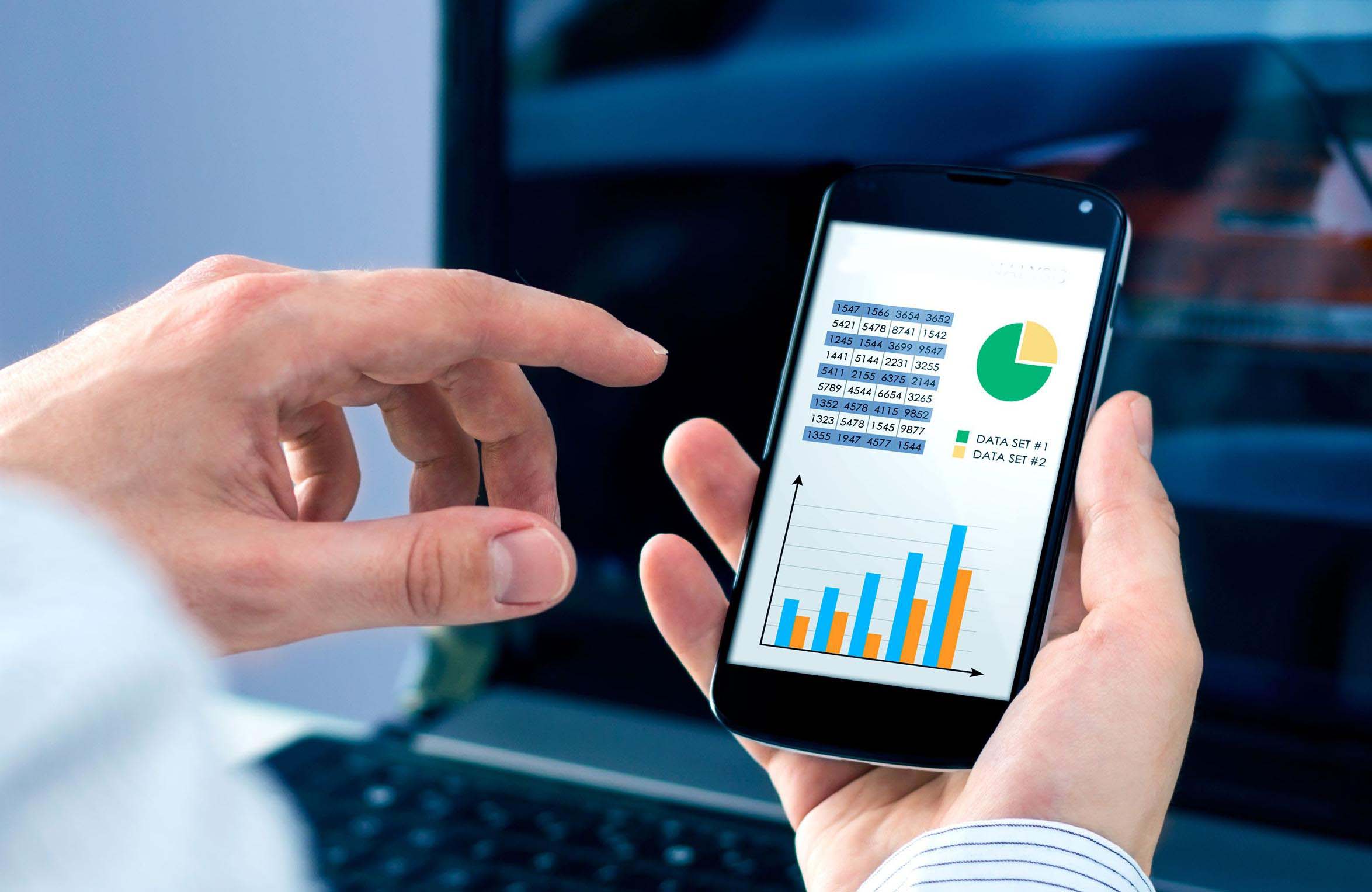Mobile ERP - the First Step to Industrial Digital Transformation

Mobility and productivity are contradictory factors in the business realm, was a popular contention even until the first decade of this millennium. But as per the present 2017 trend, wherein traversing international borders for work and/or on business has become a trivial affair, mobility has become an important aspect of productivity.
Where; customers are on the move, vendors are on the move, business executives and staff are on the move; it is only logical that the manageability of the business is also mobile. This is when the relevance of mobile ERP appeals. Presently, though mobile ERP, by itself, may not be able to furnish all the benefits of the comprehensive solution provided by an On-Premise full-suite ERP; it certainly is the ERP for the future, wherein tantalizing prospects for a great digital flourish are envisioned.
Thanks to internet aided Software as a Service (SaaS) facility; mobile ERP has matured from being an inept source that facilitated limited access to business data, into a mobile office that employees can carry in their hands wherever they go. Role-specific access to data repository installed in cloud services; empowers business decision makers, executives, and field staff to enter and retrieve real-time information; and efficiently accomplish their responsibilities from anywhere, at any time, and even while they are on the move.
As individuals and households are choosing to go wireless; it’s no wonder that cloud-based and SaaS solutions have become a mandatory requirement for business processes. Perfectly fitting into that groove is the ubiquitous nature of portable devices that could be aligned with ERP solutions by means of fully-customizable Application Programming Interfaces (API). These APIs rule out all complexities involved in developing mobile ERP by facilitating the easy roll out of advanced business/role specific Apps, and by enabling ERP systems to connect with new technology, like Artificial Intelligence (AI); thus opening the portal of enormous scope for incorporating new capabilities into the solution.
The forecast for the digital presence of industrial units, therefore, obligate organizations integrated by On-Premise ERP systems to go ‘hybrid’ by transferring their data repository to cloud-based services, to realize access to data on mobile platforms. Continuing with an unaltered On-Premise solution may help organizations to save time and money, but that would only happen at the exorbitant cost of digital stagnancy endowed perpetual unproductive lag.
Mobile ERP is obviously the first prerequisite if a company is to position itself to survive, take on, and prosper the eagerly anticipated Digital Transformation. It is the due season for companies to dare to go mobile with its ERP software. In doing so business stakeholders will only be giving their businesses a head start in racing into the era of industrial Digital Transformation, which is already almost at hand.
